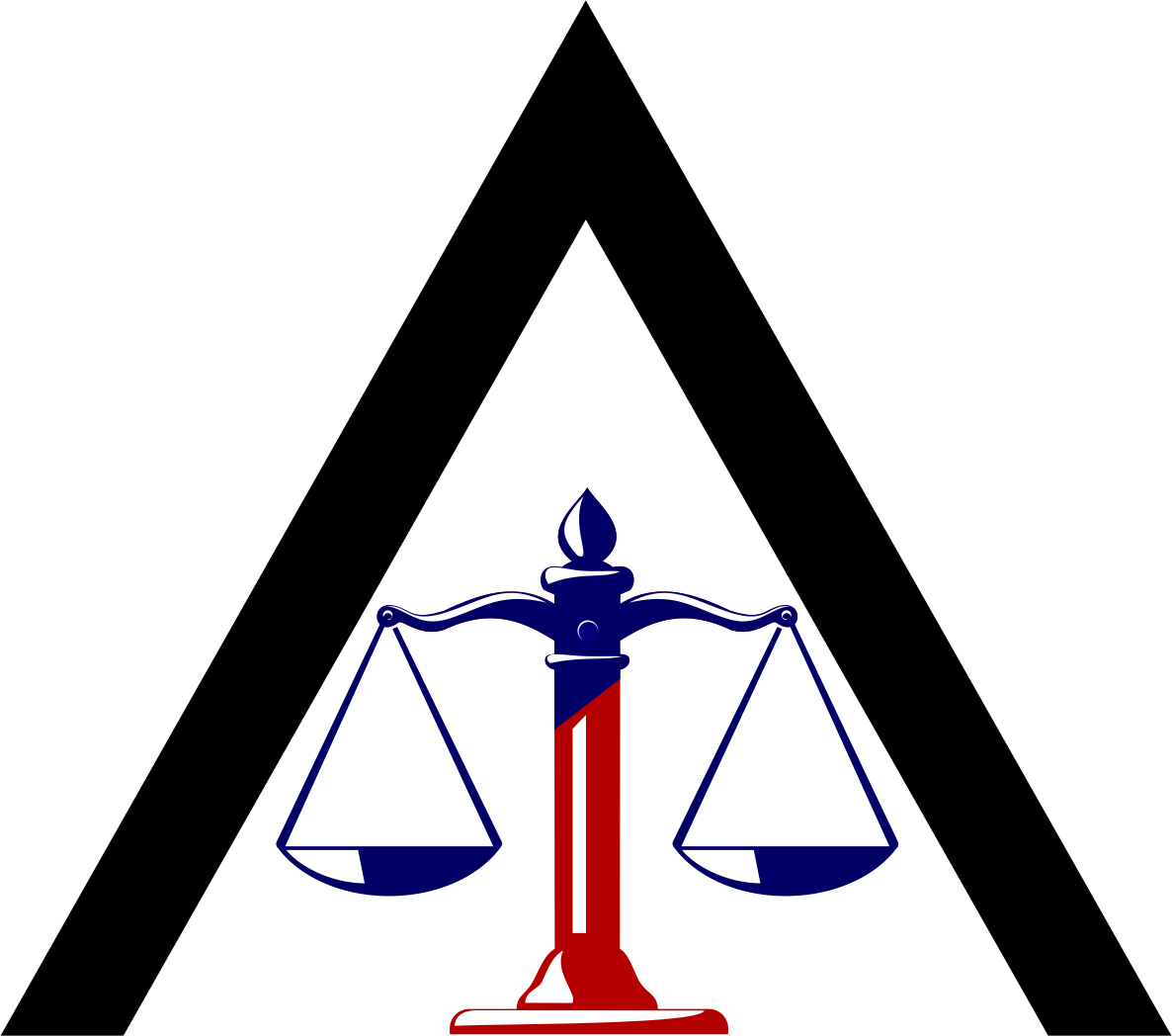Our Analysis:
This is a recording of a virtual colloquium held at the University of Southern Indiana. Caroline Jalain, an assistant professor of criminal justice at the University of Southern Indiana, assembled data on prosecutorial misconduct to examine trends and recommend reduction strategies. Jalain found that a defendant’s case is more likely to be affected by an act of prosecutorial misconduct if it is identified by a trial court rather than an appellate court or disciplinary body (like the state bar) (24:21 of video). However, repeated acts of prosecutorial misconduct are more likely to be discovered by appellate courts. This may be because the trial court failed to address the first act of misconduct, opening the door for rampant subsequent violations. Jalain also found that acts of prosecutorial misconduct are more likely to have a substantive affect on a defendant’s case when they occur in federal court rather than state court. Most notably, Jalain found that the chances of a Brady violation substantively affecting a defendant’s case is 3.6 times higher than instances where only other types of prosecutorial misconduct occurred (25:36 of video).




